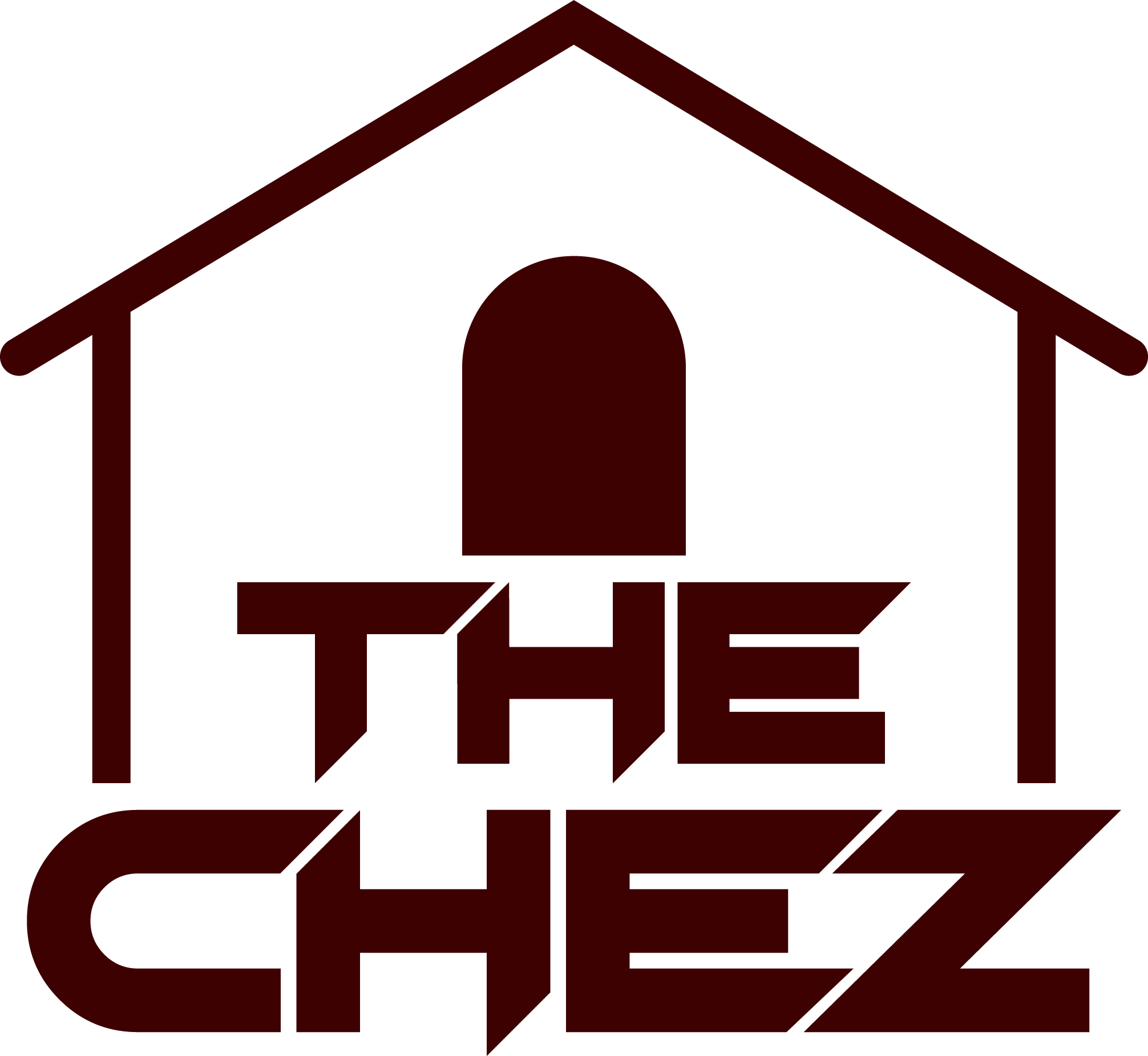Group Home
Group Living Program
The Group Living Program is designed to house six (6) female and/or male children and/or youth between the
ages of between the ages of eight (8) to eighteen (18) years of age.
The program provides a secure and safe living environment that addresses referral issues and on-going needs of the youth and family, if appropriate
and applicable.
The programming consists of supports designed to further develop the basic skills of the persons served including communication, anger management, conflict resolution, peer relationships and family issues.
Our Group Homes
Living in our group home provide a positive experience for children who are struggling in their family or community environment. Our homes offer a stable and predictable daily routine, along with the opportunity to form positive relationships with other children and staff members. The children receive regular supervision, structure and discipline, as well as access to educational and recreational opportunities. Our homes also offer support for children with special needs, including those with mental health issues, disabilities, and behavioral problems.
At the Chez, we recognize that living in a group home can also be a challenging experience for children. They may struggle with feelings of loneliness, homesickness and a lack of privacy. To help children adjust to the new living arrangement, we provide them with a high level of support and understanding from the staff and other children. Additionally, we encourage them to participate in activities and events that help them build relationships and feel a sense of community within our homes.
For more information and space availability, please call our Intake at 780-716-0541.
Our Remote Group Homes
The Chez’s specialized remote group living is dedicated to providing a safe and supportive environment for high risk youth who are in need of focused attention. Our program is designed to address the unique challenges faced by these young individuals and empower them to make positive changes in their journey.
Our program and activity plan provides a balance of therapeutic support, educational engagement, life skills development, recreational activities, and opportunities for self-expression.
Our Group Homes Key Outcomes
Improved Emotional Well-being: Through regular therapeutic sessions, residents will experience increased emotional resilience, improved coping mechanisms, and a reduction in symptoms of trauma, anxiety, and depression.
Enhanced Social Skills and Relationships: Through group activities, team-building exercises, and social skills development sessions, residents will develop improved interpersonal skills, establish positive relationships with peers and staff, and gain a sense of belonging and acceptance.
Reduced Risk Behaviors: Regular participation in recreational activities, skill-building workshops, and therapeutic sessions will contribute to a decrease in risky behaviors such as substance abuse, self-harm, or engagement in criminal activities.
Increased Resilience and Future Prospects: By fostering personal growth, emotional well-being, and skill development, the program will empower residents to overcome challenges, build resilience, and create positive trajectories for their future, increasing their prospects for success in various domains of life.
Academic Advancement: The provision of educational support, tutoring, and skill-building activities will lead to improved academic performance, increased engagement in learning, and the development of essential academic skills.
Personal Growth and Self-esteem: Engaging in creative expression, reflection, and self-discovery activities will foster personal growth, increased self-awareness, enhanced self-esteem, and a positive sense of identity.
Successful Transition to Independence: The acquisition of life skills, vocational training, and academic support will prepare residents for a successful transition to adulthood, enabling them to pursue higher education, employment, and independent living.
Life Skills Acquisition: Life skills workshops and vocational training sessions will equip residents with practical knowledge and abilities in areas such as communication, problem-solving, financial management, vocational skills, and independent living.
Community Engagement: Through community service activities and educational outings, residents will develop a sense of civic responsibility, social awareness, and an understanding of their role in the community
Family Reintegration and Improved Relationships: Through family counseling, communication training, and support, the program will facilitate successful family reunification, improved family relationships, and a stable support system for the residents.
Regular evaluation and assessment of these outcomes help us to measure the effectiveness and continuously improve our weekly activity plan, enabling adjustments and improvements to be made to maximize the positive impact on the residents’ lives.
